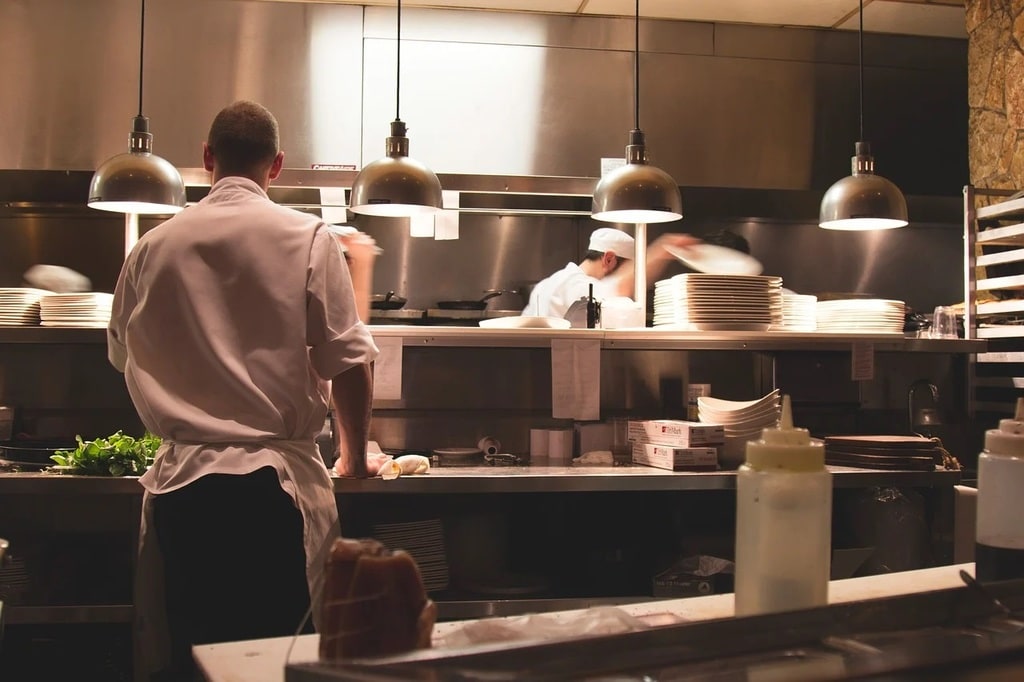
The impact of technology on culinary arts
27 December 2023The culinary arts have undergone a transformative evolution over the past few decades, driven significantly by advancements in technology. From the precision of modern cooking techniques to the widespread availability of online recipes and tutorials, technology has permeated every aspect of the culinary world. This integration has not only changed how chefs and home cooks approach cooking but has also redefined dining experiences and food preparation methods.
The Influence of Modern Technology on Culinary Arts
Technological advancements have introduced a level of precision and efficiency in cooking that was previously unimaginable. One of the most notable innovations is the advent of sous-vide cooking. This method, which involves vacuum-sealing food and cooking it at precise temperatures in a water bath, allows chefs to achieve perfect doneness and texture consistently. The precision of temperature control ensures that food is cooked evenly and retains its moisture and flavor, elevating the quality of dishes served.
In addition to sous-vide, other kitchen gadgets such as smart ovens, induction cooktops, and digital thermometers have revolutionized traditional cooking methods. Smart ovens, equipped with sensors and Wi-Fi connectivity, allow for remote monitoring and control, ensuring optimal cooking conditions. Induction cooktops offer precise heat control and energy efficiency, making them a preferred choice in modern kitchens.

Enhancing Culinary Creativity with Digital Tools
The digital age has democratized culinary knowledge, making it accessible to a broader audience. Online platforms like YouTube, Instagram, and countless food blogs provide a wealth of resources for aspiring chefs and home cooks. These platforms offer tutorials, recipes, and cooking tips that cater to various skill levels and cuisines, fostering a global culinary community.
Additionally, recipe apps and websites utilize algorithms to recommend dishes based on user preferences and dietary restrictions. This personalized approach to recipe discovery encourages culinary experimentation and helps individuals explore new ingredients and cooking techniques. Virtual cooking classes and webinars have also become popular, allowing people to learn from renowned chefs and culinary experts from the comfort of their homes.
The Role of Automation in Food Preparation
Automation has made significant inroads into the culinary industry, particularly in commercial kitchens. Robots and automated machines are increasingly being used to perform repetitive tasks such as chopping, slicing, and dicing, freeing up chefs to focus on more creative aspects of cooking. Automated systems can also ensure consistency and hygiene in food preparation, which is crucial in high-volume environments like restaurants and catering services.
3D food printing is another groundbreaking technology that has the potential to revolutionize the culinary arts. This technology allows for the creation of intricate and customized food designs that are difficult to achieve with traditional methods. Chefs can experiment with new textures and presentations, pushing the boundaries of culinary creativity.
Sustainability and Food Technology
The intersection of technology and culinary arts also extends to sustainability. Innovations in food technology are addressing some of the critical challenges related to food production and consumption. For example, lab-grown meat and plant-based alternatives are becoming viable options for reducing the environmental impact of meat production. These alternatives offer similar taste and nutritional value to traditional meat products, making them appealing to a growing number of consumers.
Moreover, advancements in food preservation and packaging technology are helping to reduce food waste. Vacuum-sealing, modified atmosphere packaging, and smart labels that monitor food freshness are some of the innovations contributing to more sustainable food practices. These technologies ensure that food stays fresh longer, reducing the amount of food that goes to waste.
Key Technological Innovations in the Culinary Arts
To summarize, here are some key technological innovations that have significantly impacted the culinary arts:
- Sous-vide cooking
- Smart ovens and induction cooktops
- Digital thermometers
- Online cooking platforms and recipe apps
- Virtual cooking classes
- Automation in food preparation
- 3D food printing
- Lab-grown meat and plant-based alternatives
- Advanced food preservation and packaging technologies
Each of these innovations has contributed to making cooking more precise, accessible, and sustainable, transforming the culinary landscape in profound ways.
Future Trends in Culinary Technology
Looking ahead, the future of culinary arts is poised to be even more exciting with emerging technologies. Artificial intelligence (AI) and machine learning are expected to play a significant role in the culinary world. AI-powered tools can analyze vast amounts of data to create personalized recipes, suggest ingredient substitutions, and even predict food trends. These capabilities will enable chefs and food businesses to stay ahead of the curve and meet the evolving preferences of consumers.
Another promising area is the development of smart kitchen appliances that integrate with the Internet of Things (IoT). These connected devices can communicate with each other, providing seamless control over various cooking processes. For instance, a smart refrigerator could suggest recipes based on the ingredients it contains, while a smart oven could automatically adjust cooking times and temperatures for optimal results.
In conclusion, the impact of technology on the culinary arts is both profound and far-reaching. From enhancing cooking techniques and fostering creativity to promoting sustainability and efficiency, technological advancements continue to shape the way we cook, eat, and experience food. As technology continues to evolve, the culinary world will undoubtedly see even more innovative and exciting developments in the years to come.